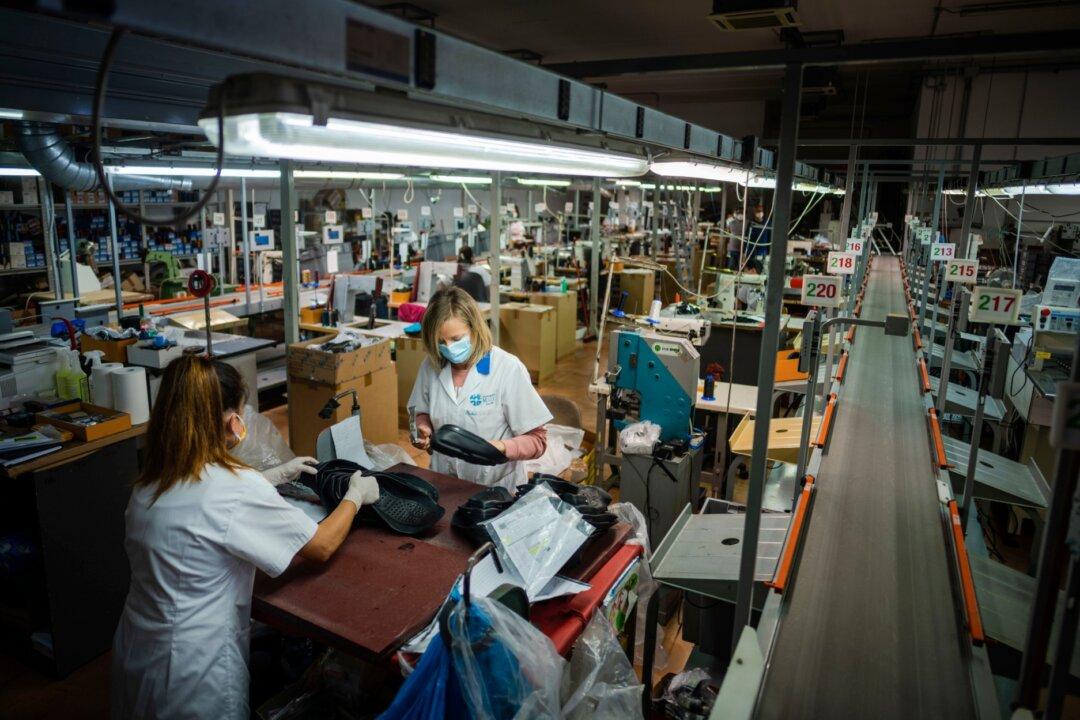Millions of people were allowed to return to work in Italy on May 4 as Europe’s longest CCP virus lockdown started to ease, while the United States took halting steps to lift some of its own restrictions even as tens of thousands of new cases were reported every day.
In Washington, the Senate was convening for the first time since March, while dozens of people in Florida were waiting before sunrise for the 7 a.m. opening of Clearwater Beach. In South Dakota, a pork processing plant took its first steps toward reopening after being shuttered after more than 800 employees were infected with CCP (Chinese Communist Party) virus.





